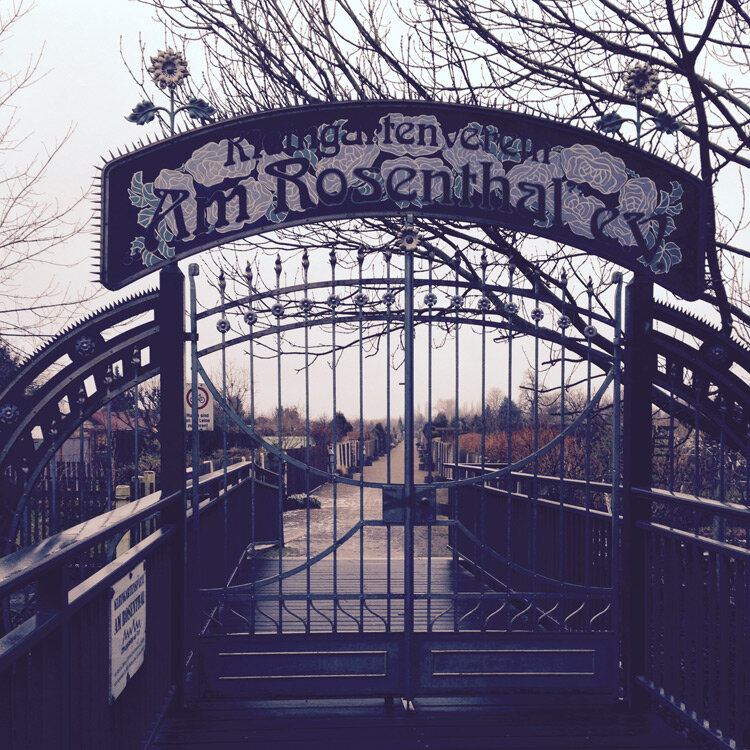People Like Us/Daughter of the Reich – Why I Wrote This Book
I was brought up on the outskirts of London, a thoroughly English girl, with an older sister and an English mother.
I went to a Church of England school, and, to all intents and purposes, I was just like everyone else around me. Except that my father, old enough to be my grandfather, was a German Jew who had left Leipzig for London as a refugee in 1933. I was not raised to be Jewish - my father was not a religious man and my mother (his second wife) a lapsed Catholic. For reasons I didn’t fully understand at the time, he did not buy any German goods; refused to speak the language, and rarely mentioned his life before he came to England. My father died when I was only seventeen, so I did not have a chance to ask him about any of this as an adult.
As a child, by some sort of osmosis, I assumed a sense that my father’s Jewish background should be kept a secret, fearing that if someone found out, we would be in danger. Occasionally, I would lie awake at night and imagine being taken away and put in a camp. I planned escape routes and how we could save one another. I never admitted to anyone my father’s German-Jewish roots until only a few years ago. I suppose it was something I needed to explore in my own way, first, to make sense of it all.
I cannot remember exactly when the idea of a novel inspired by my father’s past first came to me, but it fermented over a long period of time. I knew so little of my father’s life in Leipzig that I felt instinctively it should be a work of fiction. Ideas mulled, characters came to me, and I began to read and research in earnest.
The book, though inspired by what I learned about my father, is not about him. In writing this fictional story, I hoped to show parallels between the early 1930’s Germany in which he lived, and the western world since the crash of 2008. Economic hardship of the 1920’s led to the rise in nationalism and its extremist views and actions. New forms of mass media (radio and film) enabled the delivering of messages directly into homes and cinemas. All media, old and new, were used in highly effective propaganda across the nation. By these means, and by silencing voices of discontent, an entire population could be controlled and manipulated.
As the years in which I wrote this book passed, with nationalistic tendencies on the rise and increasing intolerance between people with different views and beliefs, writing a book of fiction seemed, often at the time, a ridiculous, self-indulgent game when there were so many more important things going on, out there in the real world. But stories, fiction, have a power. A good book can reach out and pull a reader into a world they know nothing about. It can emotionally engage in a way, facts, news, often, cannot. Characters from a great book can live on in the minds of the reader.
My original plan had been to write the book from the Jewish experience. But the more I learned, the more I wanted to understand the mindset of the Nazis. How could a people, a deeply civilized, democratic nation, become so unbelievably cruel; to de-humanise one another, and commit atrocities on such an unimaginable scale? The more I read, the more I realised that what I wanted to say could perhaps be more powerfully told if I were to climb inside the head of a Nazi. To tell the tale of someone young, who was fed a twisted ideology, taught hatred from day one. Someone who knew no other way. What could possibly change their outlook, when it went so against everything their family and the society around them believed?
Writing this book has been a journey on so many levels. I hope that, in some small way, readers will experience a sense of this tumultuous period in history through the eyes of Hetty and Walter. The research has certainly made me appreciate our freedoms, how much we take them for granted, and how precarious they actually are. I firmly believe that the lessons of the past must never be forgotten.
